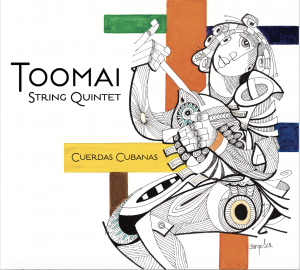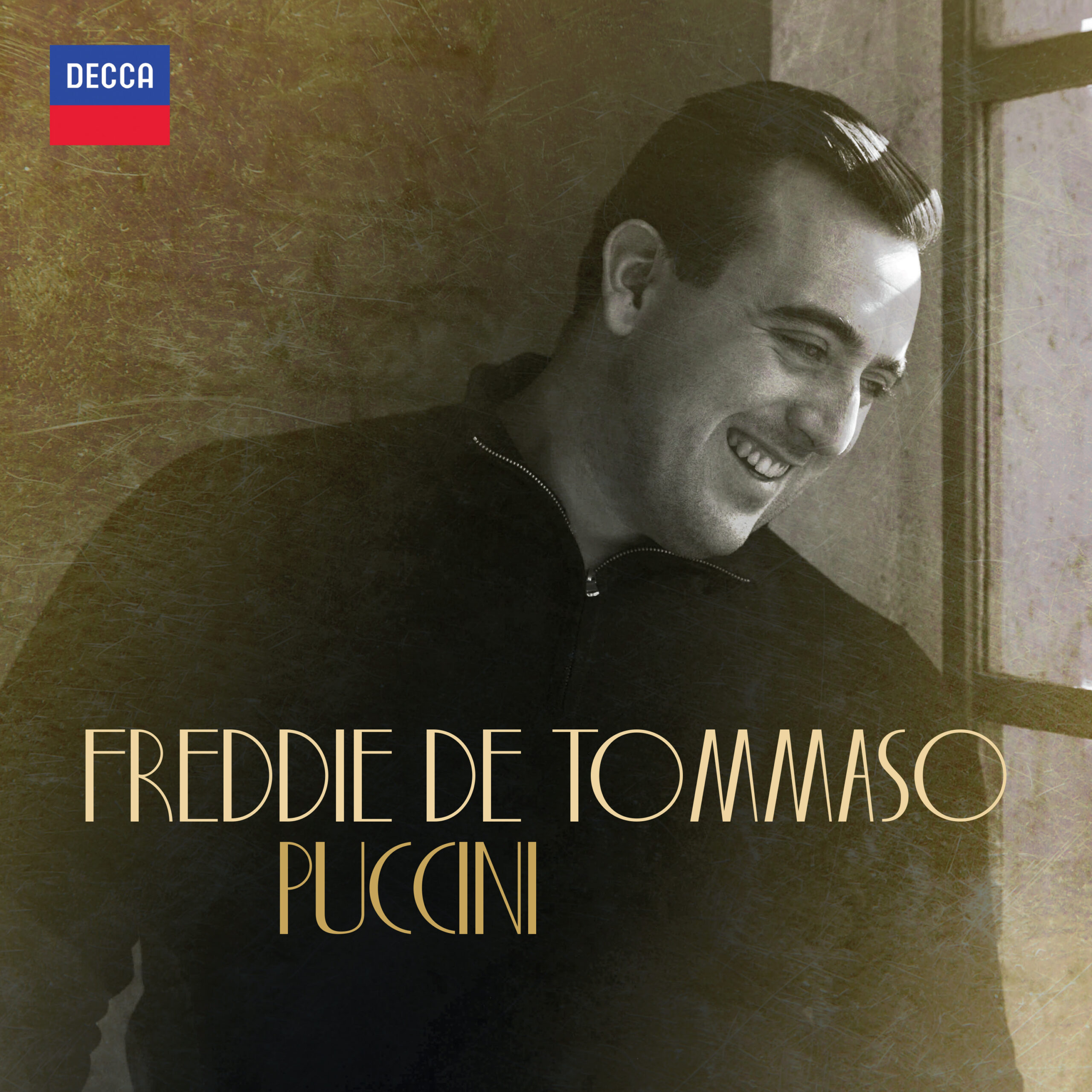Cuerdas Cubanas, Toomai String Quintet. CD and downloads available at CDbaby.com. TT: 30.55
López: A Gozar con mi Combo. Lecuona: Gitanerías; Zambra Gitana; Andalucía; En Tres por Cuatro; La Comparsa*; Danza Lucumí. Castro: No Encuentro Palabras*. Moré: Bonito y Sabroso*. Brito: Cómo fue*. Morales: Dame Bururu*. (*with Alina Roitstein, singer; all selections arranged by Andrew Roitstein)
The Toomai Quintet, formed in 2007 at the Juilliard School, has not only performed in major concert halls, but engages in extensive educational outreach in New York and elsewhere, including in Carnegie Hall's "Musical Connections" program. According to its website, the ensemble is "devoted to performing music from the classical and contemporary repertoire while exploring and arranging music from around the world." The present program falls in the latter category. Andrew Roitstein, the quintet's founder—and, as bassist, its foundation—is a Cuban-American who grew up hearing his grandmother play Lecuona's music on the piano; this album is thus a passion project of his.
Roitstein's own arrangements, heard here, ingeniously use the classical strings to suggest various Latin styles. The pizzicato opening bars of Israel "Cachao" López's A Gozar con mi Combo suggest the plucking of a Spanish guitar. In Ernesto Duarte Brito's Cómo fue, the individual parts entering over the sustained bass conjure an appropriate languor; later, in the interlude, Roitstein takes over the melody in beautifully shaped pizzicatos. The returns in Lecuona's ambitious Zambra Gitana and Danza Lucumí are enriched by fuller accompaniments, with the chamber forces suggesting a symphonic tutti: the former sounds particularly substantial.
The players respond with style and enthusiasm. In Lecuona's Gitanerías, they bring out the flamenco-like rhythmic ambiguity subtly, without overdoing the accents. The dance rhythms of Castro's No Encuentro Palabras, Lecuona's En Tres por Cuatro, and Morales Dame Bururu have an "upbeat" lightness. The gentle pizzicatos of Lecuona's Danza Lucumí produce a gossamer setting for the cello theme. The various catchy rhythmic patterns are projected with élan, particularly the infectious, shimmying beat of Beny Moré's Bonito y Sabroso.
Here and there, however, the linear writing feels less assured than those crisp rhythmic frameworks. In the zippy rendition of the López, some of the melodic phrases fit uncomfortably into the brisk, forthright accompaniments. The climbing figures in the transition of Lecuona's Gitanerías are played well, but carefully. On the main theme's return in Andalucía—this is the piece you'll recognize—the moving notes in the countertheme don't all speak dead center; the part is slightly recessed to boot.
Alina Roitstein, Mr. Roitstein's sister, is the pleasing vocalist in four tracks. Her mildly sultry timbre in the lower and middle ranges enhances the musical atmosphere, and she responds to the texts with immediacy. In the Brito, she throws a change up, adopting a clear pop-soprano sound, scaling it down beautifully for the final cadences.
The engineering is quite good: the instruments are clearly pinpointed within an unobtrusively warm space, though bass pizzicatos tend to be boomy. Ms. Roitstein's vocals are miked rather closely, in the pop manner, but tactfully.
The danger is that this album will be relegated to the "easy listening" category, or, worse, to the dread "crossover." The music and the ensemble deserve far better. (Downloads are apparently in the works on iTunes, Amazon, and other sites; at this writing, however, the album is only available via CDbaby.)
Stephen Francis Vasta is Principal Conductor of Lighthouse Opera in New York (lighthouseopera.org)








































